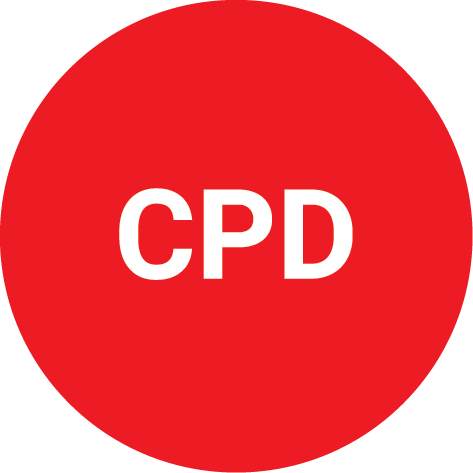There are 4 levels of CPLI you can obtain, but you must be an ALUCA member first.
Each membership level recognises your qualifications, skills and experience in the life insurance industry.
| CPLI level | Description |
|---|---|
| Affiliate CPLI Member | The Affiliate level of membership recognises your level of education and a minimum of 2-4 years in the life insurance industry |
| Associate CPLI Member | The Associate level of membership recognises your level of education and a minimum of 5-9 years in the life insurance industry |
| Associate Fellow CPLI Member | The Associate Fellow level of membership recognises your level of education and a minimum of 10+ years in the life insurance industry |
| Fellow CPLI Member | The Fellow level of membership recognises your level of education and a minimum of 15+ years in the life insurance industry. Additionally, you will need to have completed a published paper* |
For which CPLI level can I apply?
You need to gain both EDU points (education points) and YEARS (years experience) working within the life insurance industry. Where your EDU points and your YEARS experience are on different levels, you will be able to apply for the CPLI level that corresponds to the lower of the 2 levels.
For instance, in the following example, the member can apply for an ALUCA Associate CPLI, as that is the lowest level they have reached across the EDU point and industry experience criteria.
| CPLI level | EDU points required | YEARS in Life Insurance | Which CPLI level? |
| Affiliate CPLI | 1 to 3 points | 2 to 4 years | |
| Associate CPLI | 4 to 7 points | 5 to 9 years | Associate CPLI |
| Associate Fellow CPLI | 8+ points | 10+ years | |
| Fellow CPLI | 9+ points Published paper* | 15+ years |
What counts as an EDU point?

- Assessable award courses: University/TAFE, Graduate Certificate, Diploma, PhD Masters or Undergrad Degree, Masters, Cert IV and other courses of a similar standard
- Each course varies on its EDU points value, depending on years and curriculum studied and assessed, and how the content relates to Life Insurance
- EDU points are awarded for courses based on the Australian Qualifications Framework (AQF) or are of a similar standard. These courses have formal testing on the course content/and or competencies and show the number of years spent studying for the course, level awarded.
Note: Applicants will be required to supply certified documentation supporting their application, which demonstrates a course has been satisfactorily completed. For details on certified copies, review the CPLI FAQs.
Why don’t CPD points count towards EDU points?

Continuing Professional Development points activities are generally not assessable or part of an award course, so therefore do not count towards your EDU points for accreditation.
Remember, all CPLI members MUST be able to demonstrate they are keeping their technical skills and knowledge updated via gaining a minimum of 40 CPD points in the calendar year.
Your YEARS of industry experience

YEARS are the years of experience you have gained in the life insurance industry as a Life Insurance Underwriter, Claims or Rehabilitation professional.
You must have worked in any of these roles for a minimum of two years to become a CPLI accredited member.
If you don’t have any experience, you can join ALUCA as an ordinary member, or if you are studying an associated degree, you can become a student member.
Please note this is specific to life insurance only, not workers compensation
*ALUCA Fellow and your published paper

The pinnacle of your ALUCA journey – becoming an ALUCA Fellow – requires the highest life insurance YEARS industry tenure and EDU points requirements, in addition to the submission of a published research paper.
The ‘Fellow Paper’ must be solely authored or predominately co-authored by you and have been published externally to your employer.
The paper must be relevant to the life insurance industry, include external research and data, analysis and a reference list. An article that expresses the opinion of the author and does not draw on research references does not qualify.
It cannot be an internal newsletter.
For more information, contact us.